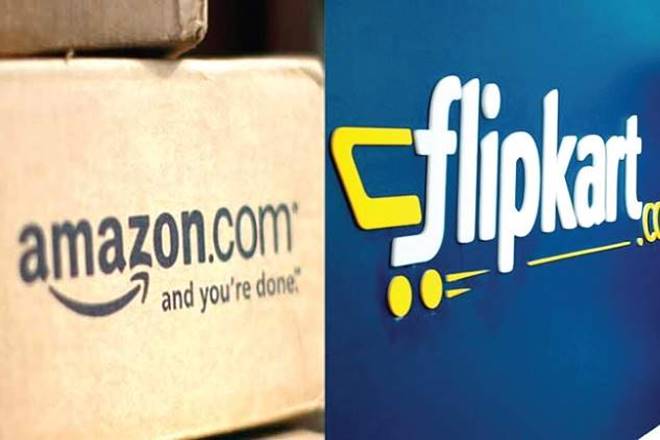Drug Controller General of India (DCGI) has sent notices to e-commerce players Amazon, Flipkart, and IndiaMART, for allegedly selling “spurious and adulterated” cosmetics.
The notices were sent after the raids conducted by the drug inspectors across the country on October 5-6, that led them to find some indigenously manufactured cosmetics, that were being sold without valid manufacturing licence and also contained ingredients imported without necessary registration certificates.
In the notice, DCGI has given 10 days to the e-commerce websites to reply, warning them of penal actions for “offering for sale, sale and distribution of spurious, adulterated cosmetics and cosmetics manufactured without a valid licence in contravention of the Drugs and Cosmetics Act, 1940.”
The penal actions range from monetary fine to imprisonment for sale of such “unapproved” products.
The DCGI further noted, that in the case the e-commerce players fail to respond, within the given time, it will be presumed that they have no reply to offer and appropriate action as deemed fit will be initiated against them.
The cosmetics sold through these e-commerce websites included imported brands without valid documents and containing ingredients in the “negative list” of the BIS (Bureau of Indian Standards).
Under the Drugs and Cosmetics Act, it is mandatory to get a registration certificate for the import of cosmetics into India, while all cosmetics manufactured in the country need to have a valid licence.
Furthermore, the cosmetics are required to adhere to the BIS standards, without including any ingredient in its negative list.
A spokesperson for Amazon said, “Amazon.in has a very high bar of customer experience and does take strict action against sellers who are selling illegal or fake products…in accordance with the due process of law, as and when such incidents are reported to us.”
Indian regulators are starting to harden there stance against the online service providers that have been seen flouting the rules.
In July 2018, FSSAI had directed food delivery platforms to delist non-licensed FBOs, following complaints from customers on the sub-standard food served.
Following the order, last month, Zomato delisted restaurant partners without FSSAI license.

